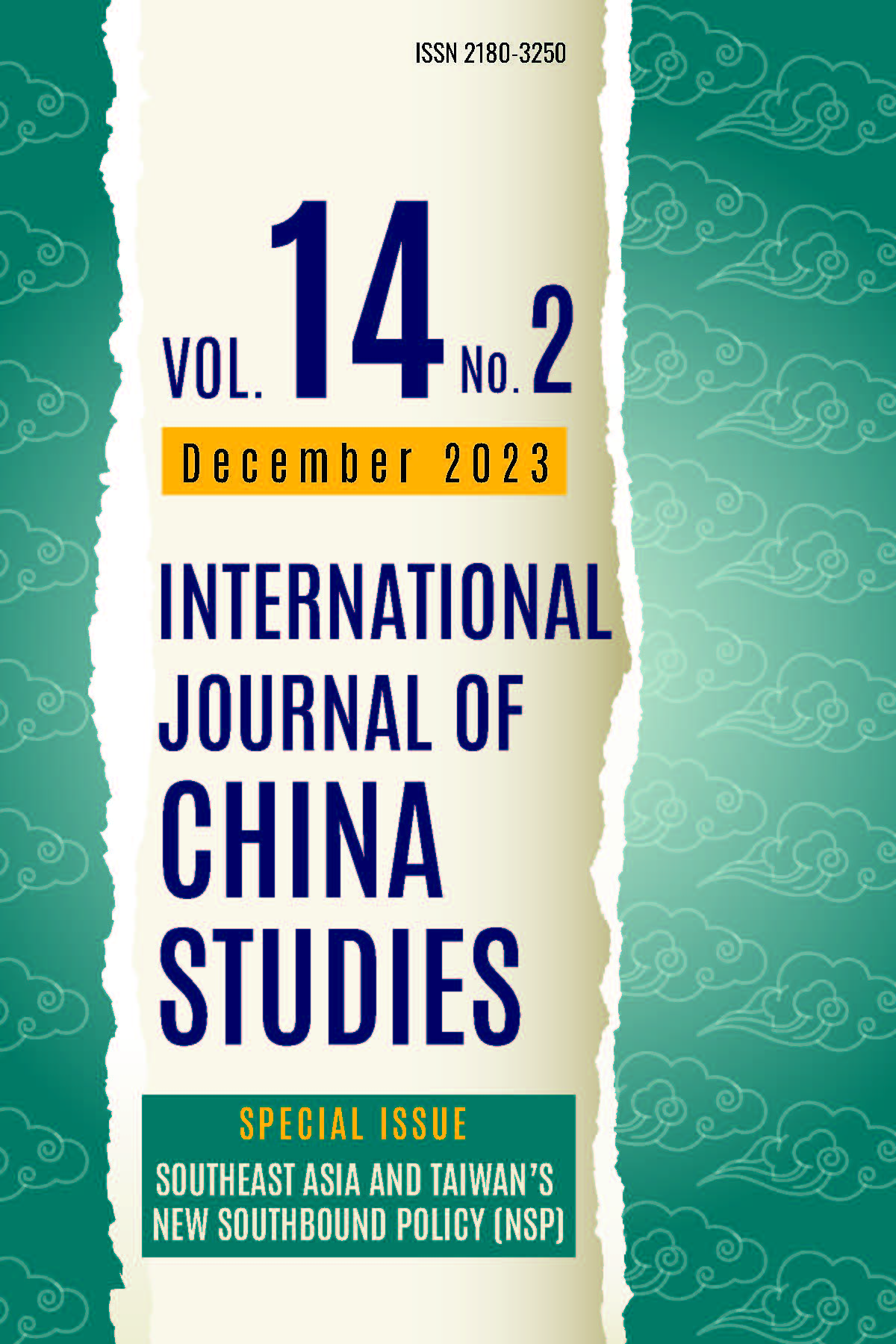Unpacking Taiwan’s ‘People-Centred’ New Southbound Policy in Indonesia: A Transnational Perspective
Abstract
Almost eight years since the start of Taiwan’s people-centred New Southbound Policy (NSP) in 2016, various discussions have arisen regarding the policy’s efficacy in enhancing Taiwan’s external relations with targeted countries in the Indo-Pacific region. Most scholars have primarily addressed this policy from a state-centric perspective, focusing on the impact of the policy on bilateral interstate relations. Contrary to the existing approach, this article employs a transnational perspective by looking at the practice and success of the policy from both state and non-state level analysis. The use of this approach gives a comprehensive understanding of the nature of the NSP and offers an alternative view on the study of foreign policy by focusing on the transnational level of interactions. Drawing on the case study of the talent exchange program between Indonesia and Taiwan, this article argues that while the NSP has improved the number of student, worker and academic exchanges between Taiwan and Indonesia, the policy has not achieved its aim of extending ‘genuine two-way’ exchanges, resulting in asymmetrical relations that present challenges to the overall achievement of the NSP.

